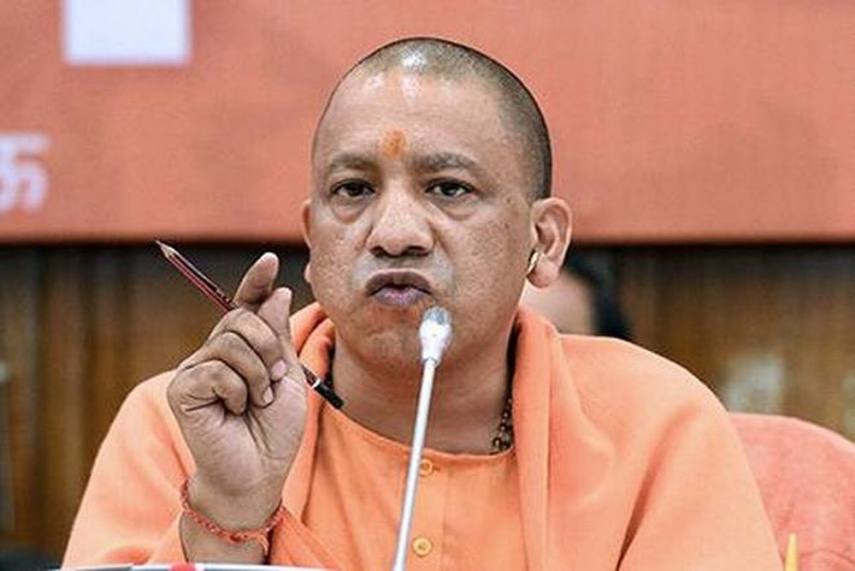The Wuhan virus cases have been steadily increasing across the country. From Korea’s River of Grace Community Church to numerous Tablighi Jamaat congregations, religion has often been the undoing of efforts to curb the menace of the Wuhan virus. In the light of such events, following the footsteps of Karnataka, the Uttar Pradesh Chief Minister Yogi Adityanath has now said that people should not be allowed to assemble for events like Iftar and Sahari during Ramzan–a report in Hindustan Times has stated.
After reviewing the lockdown situation with officers, Yogi and his administration has recognized that it is in everyone’s best interest to stop such gatherings and break the chain of transmission and not leave the state’s chances in the hands of fate. Depending on the sighting of Moon, the one-month long Ramzan is scheduled to start in the next 2-3 days.
The largest state in terms of population–UP has fared much better than major metropolitan cities like Delhi and Maharashtra with 1,412 Wuhan virus cases and only 21 deaths.
The total Wuhan virus free districts in the state have now risen to 32 which includes 10 districts wherein all Wuhan virus positive patients have recovered. These ten districts are Pilibhit, Lakhimpur Kheri, Hathras, Bareilly, Prayagraj, Maharajganj, Shahjahanpur, Barabanki, Hardoi and Kaushambi. But he further warned caution that districts like Aligarh, Moradabad and Saharanpur were still on the list of sensitive districts
Yogi has been at the forefront of the entire proceedings and has not let his guard let down. Even in the face of personal adversity—when his father died, Yogi gave importance to his state and the people and avoided the last rites activities of his departed father.
He wrote a tear-jacking letter to his mother informing her about not being able to meet his father when he breathed his last–which since then has won the respect of all political parties across different state lines.
Despite the state being in lockdown, Yogi has not let his guard slip up and said that 77 percent of crop has been harvested and this was for the first time that no problem was there about the availability of workers for harvesting. He said in all 30 lakh quintal wheat has been procured and 62 percent of this has been bought at the doorstep of farmers.
The state has now started the process to allow industrial units to resume operations in the districts unaffected by COVID-19. Yogi’s stringent decision comes in the wake of the nationwide lockdown that has been extended till May 3rd.
Earlier, the Karnataka government led by BS Yediyurappa had decided to ban the five-time congregational prayers in mosques, dargahs, and Imam Baras till May 3.
To prevent any congregation during Ramzaan that could act as a happy hunting ground for the highly contagious coronavirus, the Karnataka government issued a notification that seeks to ban the five-time congregational prayers including the Jumma and Taraveeh prayers in the mosques. The notification had also banned Dawat-e-Sahri or Iftar and also stated that no mosque members would be allowed to use the public address system during the Ramzan namaz.
The measures might seem harsh to the Muslim populace but these measures are undeniably the need of the hour—as even a little slip-up could prove calamitous for the entire country. The margin of error is low and thereby these strict yet inexorable measures should not be seen through any communal lens. Other state governments should follow the suit and implement similar decisions as soon as possible.
